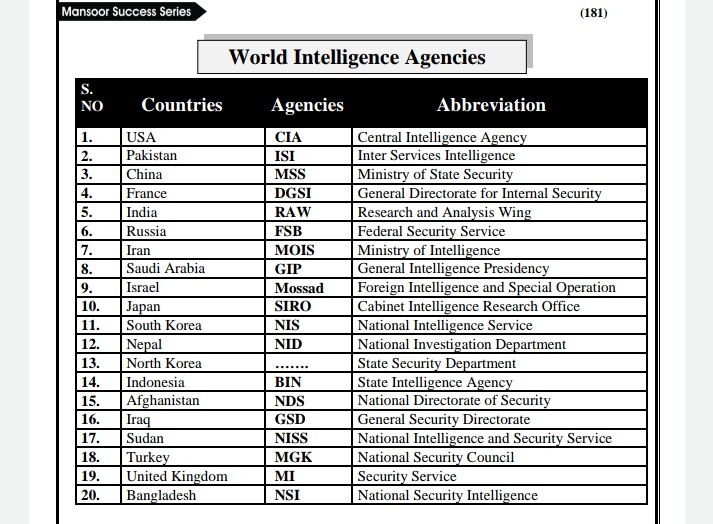Title: “Unlocking the Power of Artificial Intelligence: How AI is Revolutionizing Industries”
Artificial Intelligence (AI) is no longer a futuristic concept; it’s a transformative force that is reshaping industries across the globe. From healthcare to finance, manufacturing to transportation, AI is unlocking new levels of efficiency, innovation, and productivity. Let’s explore how AI is revolutionizing various industries and paving the way for a smarter, more connected future.
1. Healthcare
Medical Diagnostics:
- AI-Powered Imaging: AI algorithms can analyze medical images such as X-rays, MRIs, and CT scans with remarkable accuracy, aiding in early disease detection.
- Precision Medicine: AI helps doctors tailor treatment plans based on a patient’s genetic makeup and medical history, leading to more personalized and effective care.
- Drug Discovery: AI accelerates the drug discovery process by analyzing vast datasets and predicting potential drug candidates, reducing time and costs.
Remote Patient Monitoring:
- Wearable Devices: AI-powered wearables can monitor vital signs and detect abnormalities, allowing for continuous remote patient monitoring.
- Telemedicine: AI facilitates virtual consultations and diagnoses, expanding healthcare access to remote areas and improving patient outcomes.
2. Finance
Fraud Detection:
- Real-Time Analysis: AI algorithms analyze financial transactions in real-time, identifying suspicious patterns and preventing fraudulent activities.
- Risk Assessment: AI models assess credit risk and investment opportunities more accurately, aiding in decision-making for banks and financial institutions.
- Algorithmic Trading: AI-driven trading algorithms execute trades at lightning speed, reacting to market changes and trends faster than human traders.
Customer Service:
- Chatbots and Virtual Assistants: AI-powered chatbots provide instant customer support, answering queries and resolving issues efficiently.
- Personalized Recommendations: AI analyzes customer behavior and preferences to offer personalized product recommendations and financial advice.
3. Manufacturing
Predictive Maintenance:
- Equipment Monitoring: AI analyzes sensor data from machinery to predict potential failures before they occur, reducing downtime and maintenance costs.
- Optimized Production: AI optimizes production processes by analyzing data on factors like supply chain, demand forecasts, and quality control.
Quality Control:
- Defect Detection: AI-powered vision systems inspect products for defects with precision and speed, ensuring high-quality standards.
- Process Optimization: AI fine-tunes manufacturing processes in real-time, adjusting variables for optimal efficiency and output.
4. Transportation
Autonomous Vehicles:
- Self-Driving Cars: AI is at the core of autonomous vehicles, enabling them to navigate roads, detect obstacles, and make split-second decisions.
- Fleet Management: AI optimizes routes, schedules, and fuel efficiency for logistics companies and public transportation systems.
Traffic Management:
- Smart Traffic Lights: AI-powered traffic management systems adjust signal timings based on real-time traffic flow, reducing congestion and emissions.
- Parking Optimization: AI helps drivers find parking spaces efficiently, reducing circling time and traffic congestion.
5. Retail
Personalized Shopping Experience:
- Recommendation Engines: AI analyzes customer data to offer personalized product recommendations, increasing sales and customer satisfaction.
- Inventory Management: AI predicts demand and optimizes inventory levels, reducing stockouts and overstocking.
Customer Insights:
- Sentiment Analysis: AI analyzes social media and customer feedback to understand sentiment and trends, helping retailers make informed decisions.
- Virtual Try-On: AI-powered AR applications allow customers to virtually try on clothes and accessories, enhancing the online shopping experience.
6. Education
Personalized Learning:
- Adaptive Learning Platforms: AI adapts learning materials and pace based on a student’s progress and learning style, improving engagement and outcomes.
- Tutoring and Assistance: AI-powered chatbots and virtual tutors offer personalized assistance to students, answering questions and providing feedback.
Administrative Efficiency:
- Administrative Automation: AI automates administrative tasks such as grading, scheduling, and data management, freeing up educators’ time for teaching.
Conclusion
Artificial Intelligence is not just a buzzword; it’s a game-changer across industries, from healthcare and finance to manufacturing, transportation, retail, and education. Its ability to analyze vast amounts of data, make predictions, and automate processes is revolutionizing how businesses operate and how we live our lives. As AI continues to evolve and integrate into more aspects of our world, it’s essential to embrace its potential while also addressing ethical considerations and ensuring inclusivity. The era of AI is here, and it’s transforming industries for the better, leading us towards a smarter, more efficient, and interconnected future.


